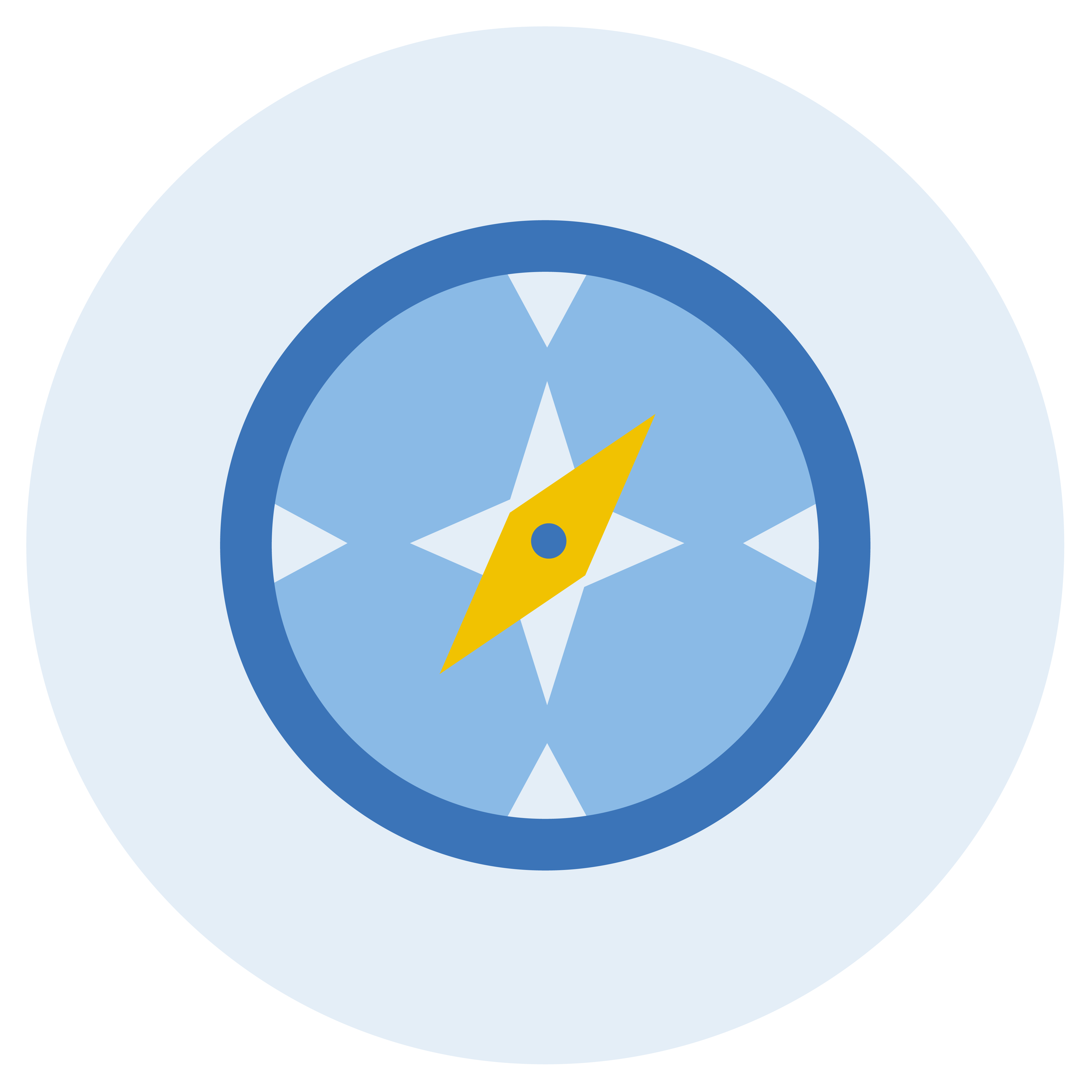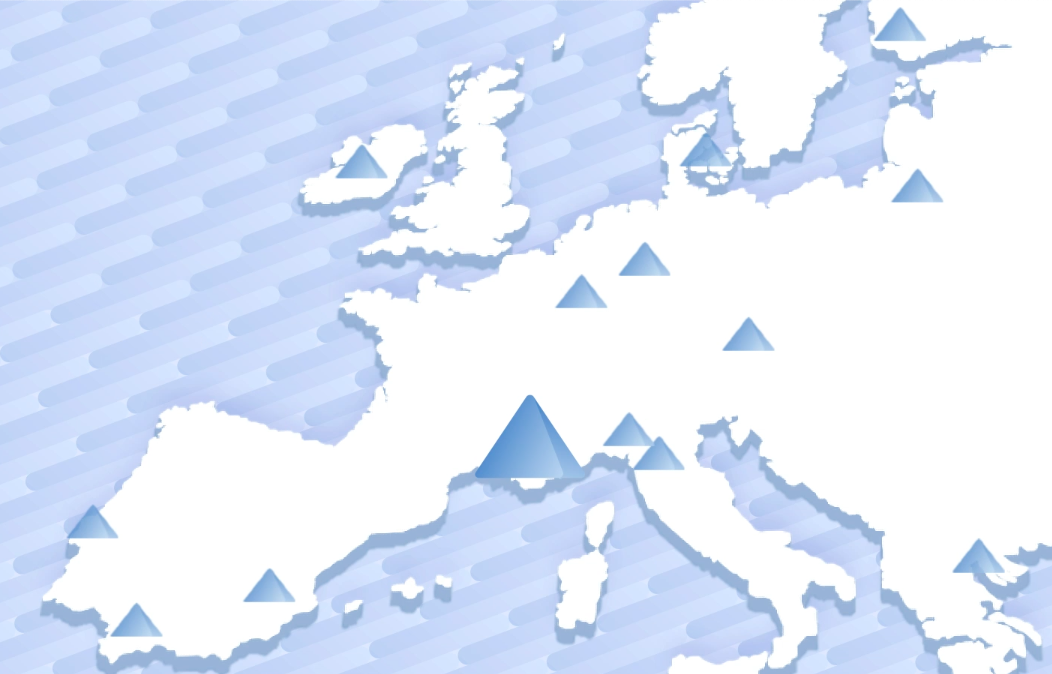prisme 6
2024-2025
Presentation of the programme
The PRISME programme is an innovative project proposed since 2015 by the international relations department (DRAREIC) of the Provence-Alpes-Côte d’Azur Academic Region in France, as part of the Erasmus+ programme.
It enables groups of cross-category education stakeholders (teachers, school administrative and management staff, inspectors, rectorat executives, etc.) from primary and secondary education (pupils aged 6 to 19) to spend observation periods (job shadowing) in schools in European countries in order to compare their practices with their colleagues in the target countries.
THE Cross-category groups
composed of the educational actors
- A primary school staff member
- Two college staff members (one teacher and one administrative personnel)
- Two high school staff members (one teacher and one administrative personnel)
- A member of staff from the inspectorate or the partner department (CASNAV, DRANE, DRAJES, DAAC, etc.).
11 destinations
from 8 european countries
Germany
Berlin
Düsseldorf
Austria
Vienna
Belgium
Liège
Spain
Madrid
Sevilla
Greece
Thessaloniki
Italy
Palermo
Naples
Malta
Valetta
Sweden
Helsingborg
A unique theme
The inclusion of refugee and migrant pupils in education systems: a European integration issue

Inclusion

Differenciation

Language learning

Career orientation

Administrative support
Observation at all levels
- Primary school level
(6 – 11 ages)
- Middle school level
(11 – 14 ages)
- High school level
(14 – 18 ages)
- Meeting with external stakeholders
- Meeting with institutions
MULTIPLE objectives
What role does the inclusion of refugee and migrant pupils play in the education systems of the European Union countries? How does it fit into pupils’ learning pathways? What challenges does the inclusion policies face?
- Discover the country’s school system and organisation
- Observation of educational actors (teachers, supervisors, etc.)
- Meeting with external stakeholders (associations, local authorities, etc.)
- Sharing good practice
- Developping a project or partnership with one of the partner establishments visited
- Development of expertise and teaching practices in the academic region

